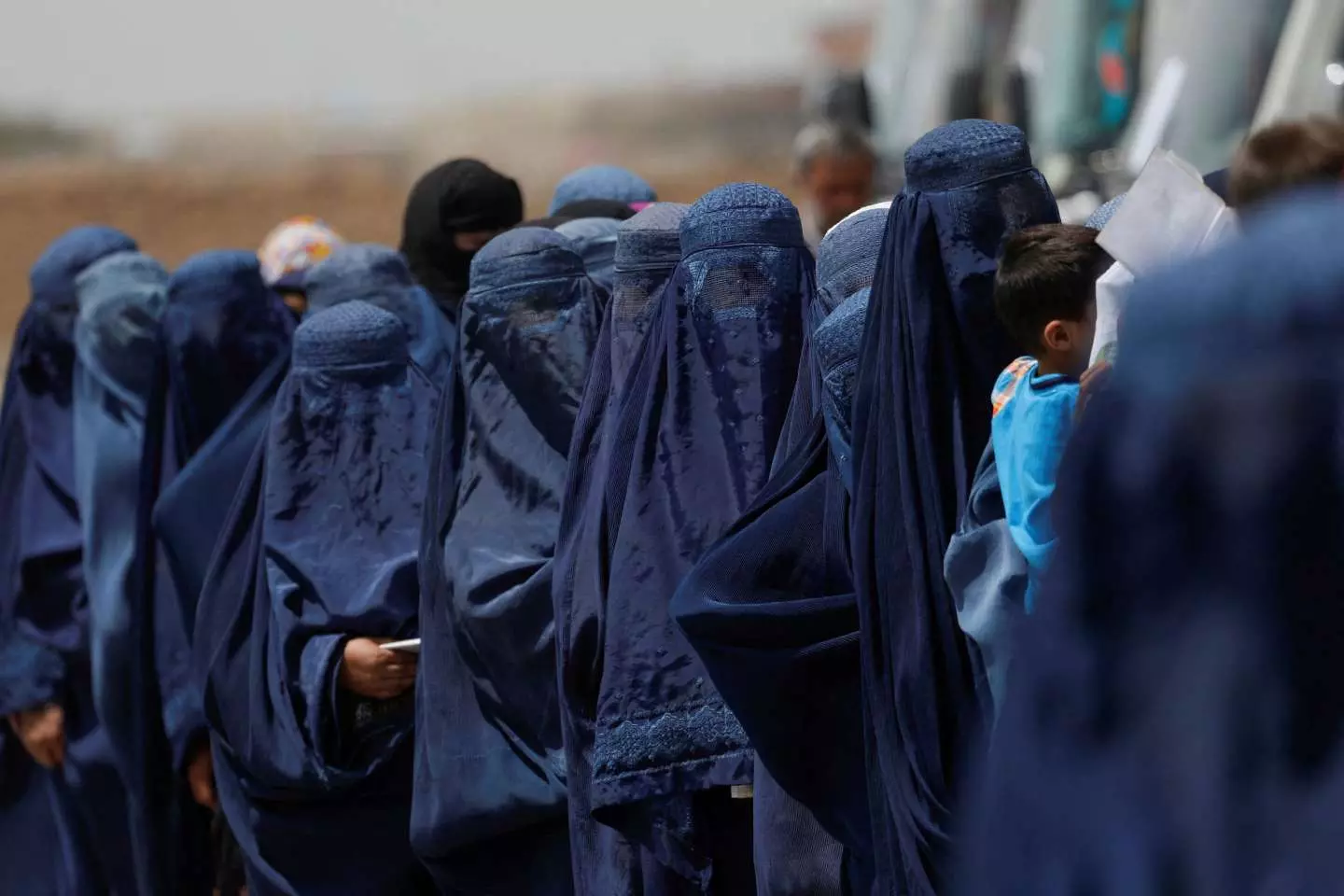
Campaign calling for gender apartheid to be crime under international law
text_fieldsA campaign calling for gender apartheid to be recognised as a crime under international law was launched on International Women’s Day by a group of Afghan and Iranian women.
The campaign stems from the view that the current laws covering discrimination against women do not cover the policies imposed in Afghanistan and Iran to relegate the status of women in society.
Signatories of the open letter include the Iranian Nobel peace prize laureate Shirin Ebadi; the first female deputy speaker of the Afghan parliament, Fawzia Koofi; a commissioner of the Afghan Independent Human Rights Commission, Benafsha Yaqoobi; as well as many activists still fighting for their rights in Afghanistan and Iran, reports The Guardian.
Apartheid is a policy or system of segregation or discrimination based on race. It is a crime in international law but it applies only to racial groups and not to gender.
The word apartheid comes from the Afrikaans word which means ‘apartness’ or ‘separateness’. It was first used to describe the treatment of black people in South Africa under white minority rule from 1948 to the early 1990s.
The authors of the open letter, including international lawyers, argue that the legal definition of apartheid as a crime against humanity, adopted by the UN in 1973 and supported by the 1998 Rome Statute, does not fit the case of Afghanistan and Iran, even if the descriptive term does, reports The Guardian.
“It is paramount to understand that gender apartheid currently only has power as a descriptive term,” said Gissou Nia, one of the human rights lawyers backing the campaign. “Under international law, the crime of apartheid only applies to racial hierarchies, not hierarchies based on gender. This campaign will seek to expand the set of moral, political and legal tools available to mobilise international action against and ultimately end systems of gender apartheid.”
The letter argues that under Taliban rule, women in Afghanistan are banned from education, employment in NGOs and in government, and from travelling long distances without a male guardian, all while having to abide by a severe dress code.
It says: “In the Islamic Republic of Iran, women are banned from many fields of study, sporting events, from traveling without a male guardian, are worth half a man under the law and are forced to wear compulsory hijab. These bans, and the broader legal systems they belong to, seek to establish and maintain women’s subjugation to men and the state. Violation of these laws can lead to violence, imprisonment and death.”
The authors of the letter say they are not being discriminatory against the norms of Muslim societies, or seeking to impose western cultural values, but are instead addressing systematic attempts to subjugate women that have no place in any society, regardless of religion, reports The Guardian.
Muslim leaders, politicians and clerics in Gulf states and other countries such as Indonesia have condemned Taliban’s refusal to allow girls to be educated above secondary school age saying that there is nothing in the Qur’an or Muslim religious teaching that permits women to be held back.
With inputs from The Guardian























